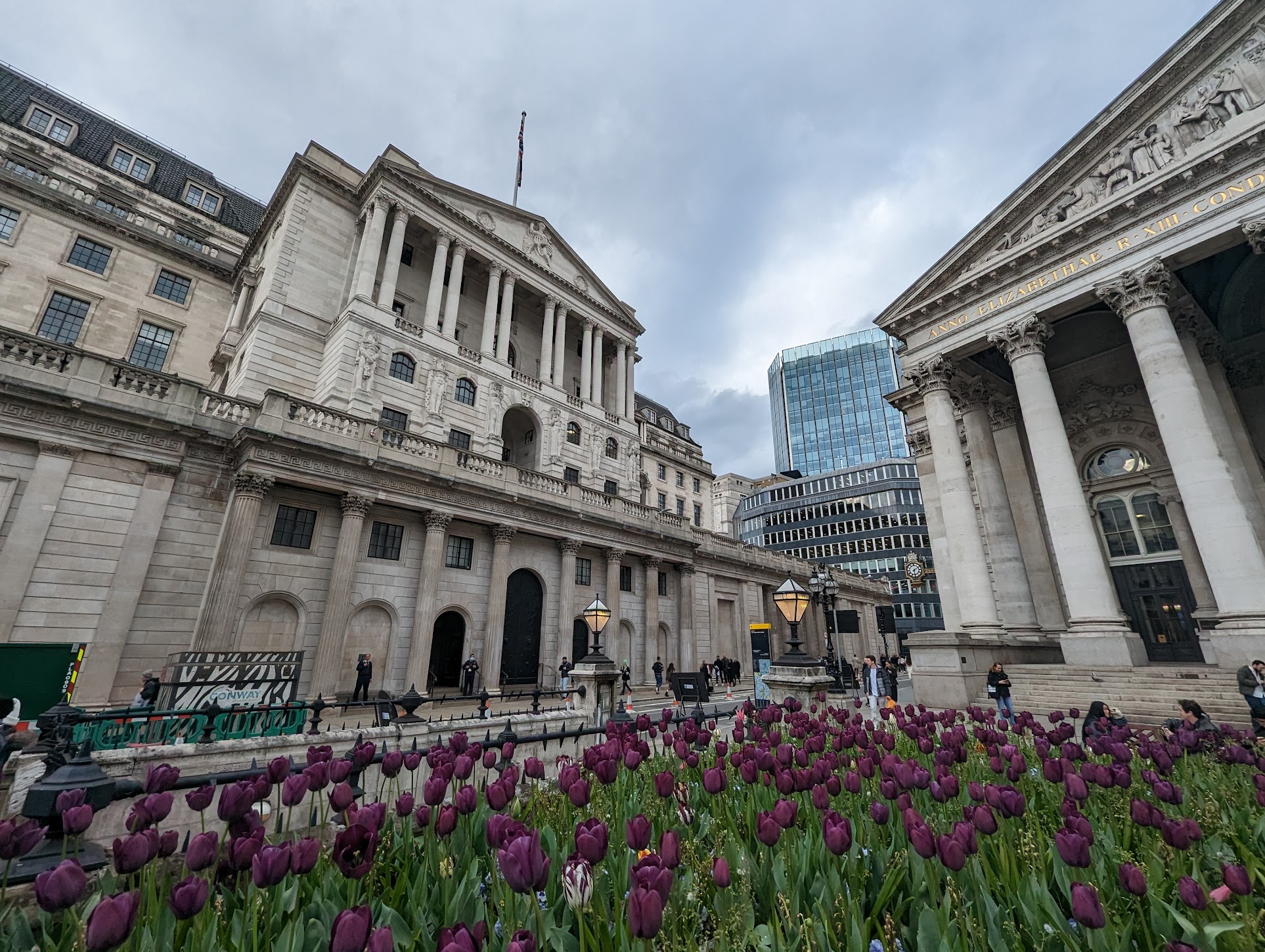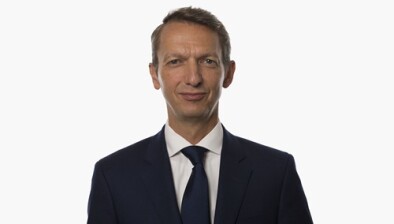Bank of England votes to halt interest hikes as inflation falls

Pictured: The Bank of England (credit: George Iordanov-Nalbantov)
The Bank of England (BoE) has opted to maintain interest rates at 5.25% in a tightly contested vote.
The decision follows almost two years of consecutive rate rises and is seen by experts as a potential peak, considering the better-than-expected inflation data received recently.
The Monetary Policy Committee (MPC) was divided five to four in favour of sustaining rates, with the decisive vote cast by the BoE governor, Andrew Bailey. This marked the first pause after 14 consecutive rate increases that began in December 2021. The US Federal Reserve also decided to keep its benchmark rate steady this week.
Inflation was recorded at 6.7% in August, and the MPC has indicated that there would be no immediate reduction in interest rates. The committee conveyed optimism that the current rates are sufficient to restore price stability, asserting the need for monetary policy to be “sufficiently restrictive” to return inflation to the 2% target sustainably over the medium term.
Governor Bailey said: “Inflation has fallen a lot in recent months, and we think it will continue to do so. That’s welcome news.
“But there is no room for complacency. We need to be sure inflation returns to normal and we will continue to take the decisions necessary to do just that.”

Kevin Brown
Kevin Brown, savings specialist at Scottish Friendly, commented: “On the back of falling inflation yesterday it is little surprise that the Monetary Policy Committee has decided to hold rates. There’s a good chance now if economic data such as employment and GDP continue to flatline that this could really be the end of rate hikes in the UK for now.
“This is potentially good news for the mortgage and consequently property market but will be of little comfort to working households that have already been forced to absorb huge surges in prices in the past two years. As the economy progresses, we could see movement in the other direction, especially if wage growth begins to falter.”
Mr Brown added: “The pause isn’t great for savers either. The end of rate hikes signals the potential high-water mark for rates. Interest on savings is still well behind inflation and is now unlikely to improve significantly.
“As economic conditions worsen and rate expectations fall, then savings rates could begin to fall again too. Savers might want to consider other avenues for their long-term plans instead.”






